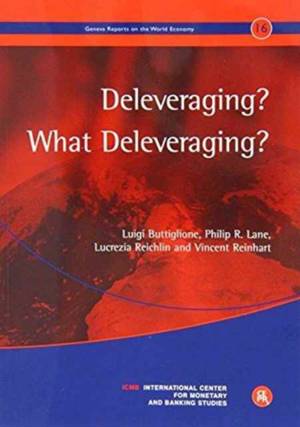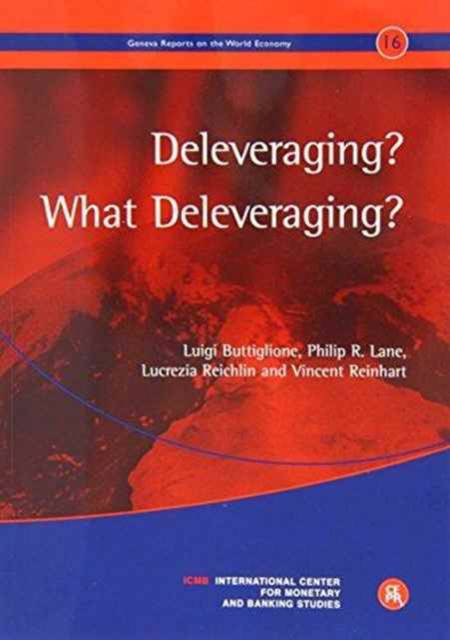
- Afhalen na 1 uur in een winkel met voorraad
- Gratis thuislevering in België vanaf € 30
- Ruim aanbod met 7 miljoen producten
- Afhalen na 1 uur in een winkel met voorraad
- Gratis thuislevering in België vanaf € 30
- Ruim aanbod met 7 miljoen producten
Zoeken
Deleveraging? What Deleveraging?
Luigi Buttiglione, Philip R Lane, Lucrezia Reichlin, Vincent Reinhart
€ 44,45
+ 88 punten
Omschrijving
The 17th Geneva Report on the World Economy examines the causes of the unusually low interest rates seen in recent years, asks whether they are likely to persist, and explores the possible consequences should that happen. On the causes, the report argues that demographic developments and Chinese financial integration have been important drivers, reinforced since the crisis by a reluctance to invest and a shift in investor preferences towards safe assets. But some of these forces are likely to reverse in the future, suggesting that the current period of unusually low interest rates is unlikely to persist indefinitely. The pace at which that reversal will happen remains highly uncertain, however, and dependent on longer-term policy choices. The return to historically more normal levels of interest rates may consequently be quite drawn out and policymakers need to be alert to the consequences. Aside from increasing the frequency with which monetary policies are constrained by the lower bound on policy rates, persistently low interest rates on safe assets also encourage the adoption of strategies to lever up returns, so heightening the risks to financial stability. While macroprudential policies represent the first line of defense against such risks, policymakers should be careful not to expect too much from them.
Specificaties
Betrokkenen
- Auteur(s):
- Uitgeverij:
Inhoud
- Aantal bladzijden:
- 106
- Taal:
- Engels
- Reeks:
Eigenschappen
- Productcode (EAN):
- 9781907142796
- Verschijningsdatum:
- 20/09/2016
- Uitvoering:
- Paperback
- Formaat:
- Trade paperback (VS)
- Afmetingen:
- 152 mm x 229 mm
- Gewicht:
- 311 g

Alleen bij Standaard Boekhandel
+ 88 punten op je klantenkaart van Standaard Boekhandel
Beoordelingen
We publiceren alleen reviews die voldoen aan de voorwaarden voor reviews. Bekijk onze voorwaarden voor reviews.











